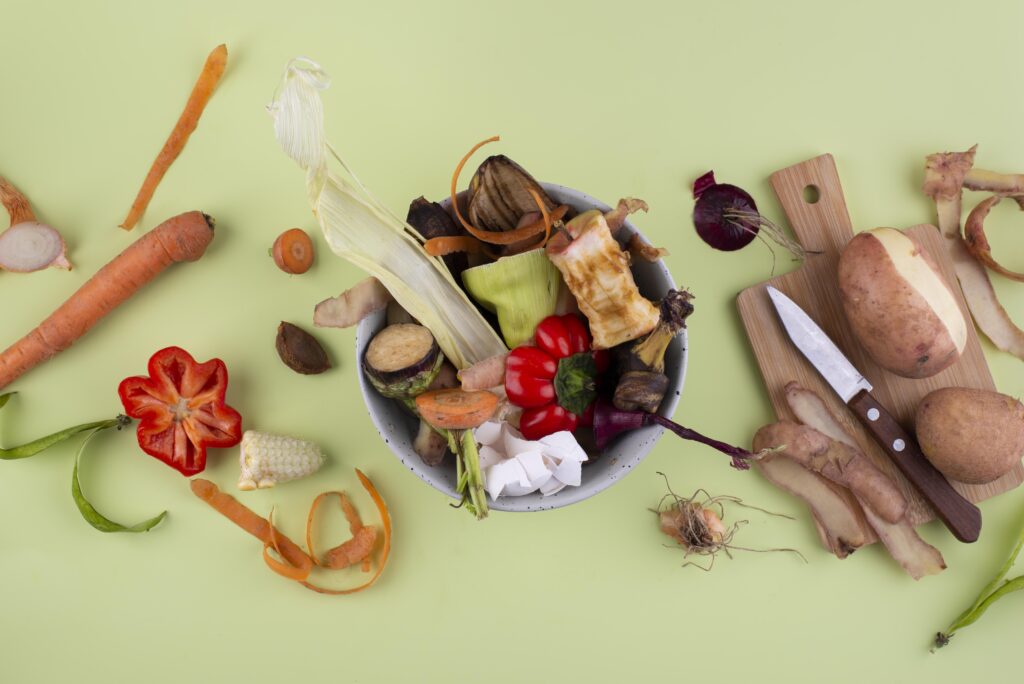Written by Atilla Kunszabó
From University Veterinary Medicine Budapest (UVMB)
On 14 May, the WASTELESS project brought together more than 60 participants for a public event focused on the value proposition, technology adoption, and implementation of innovative tools for food loss and waste measurement. Attendees represented a diverse range of professional organizations, including research institutions, policy bodies, NGOs, as well as other EU-funded projects and initiatives.

The event served as a key milestone in showcasing five cutting-edge food waste measurement tools developed within the WASTELESS project. Prof. Ana Novo de Barros, the project coordinator, presented each tool and explained their functionalities, intended users, and potential for impact across the food supply chain:
- Electronic registry supported by blockchain system
- Computer vision-based image analysis
- AI-based data-driven approach
- Surplus stock measurement and management tool
- Automatic system for food waste assessment at households
Each presentation was followed by Q&A sessions and feedback questionnaires, which focused on three critical areas: the perceived benefits, the innovative aspects, and the potential drawbacks or barriers of the tools. This interactive format allowed for the collection of valuable feedback from prospective users and stakeholders, creating opportunities for further development and refinement.
Key concerns raised by stakeholders included:
- Economic feasibility: While promising, some tools may be resource-intensive to implement, especially in smaller organizations.
- Stakeholder engagement: Engaging business partners remains a challenge due to confidentiality concerns, limited time, and lack of immediate incentives.
- Technical capacity: Many target users, particularly at the operational level, may lack the necessary IT skills to adopt digital tools.
- Data accuracy and reliability: Ensuring precise and trustworthy data collection remains a priority for any measurement tool to be truly effective.
Despite these challenges, the event provided an important reflection point on where we currently stand in the deployment of food waste measurement tools. It also reaffirmed the value of co-creation and dialogue with end users, which is essential for successful implementation.
We believe that the knowledge and experiences generated through WASTELESS tool testing hold great potential for scaling up and integration into everyday practices. Our aim remains clear: to demonstrate the practical value and usability of these tools, and to contribute meaningfully to the reduction of food loss and waste across Europe.
